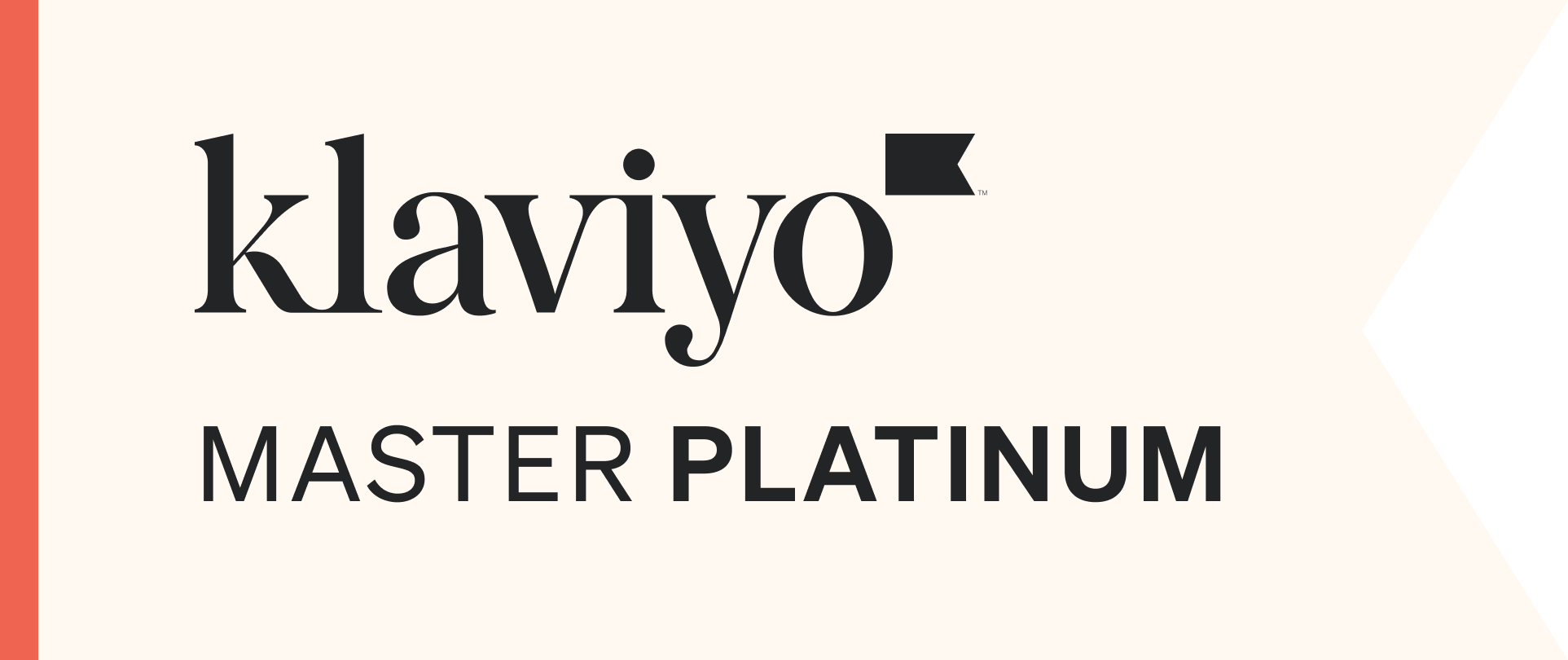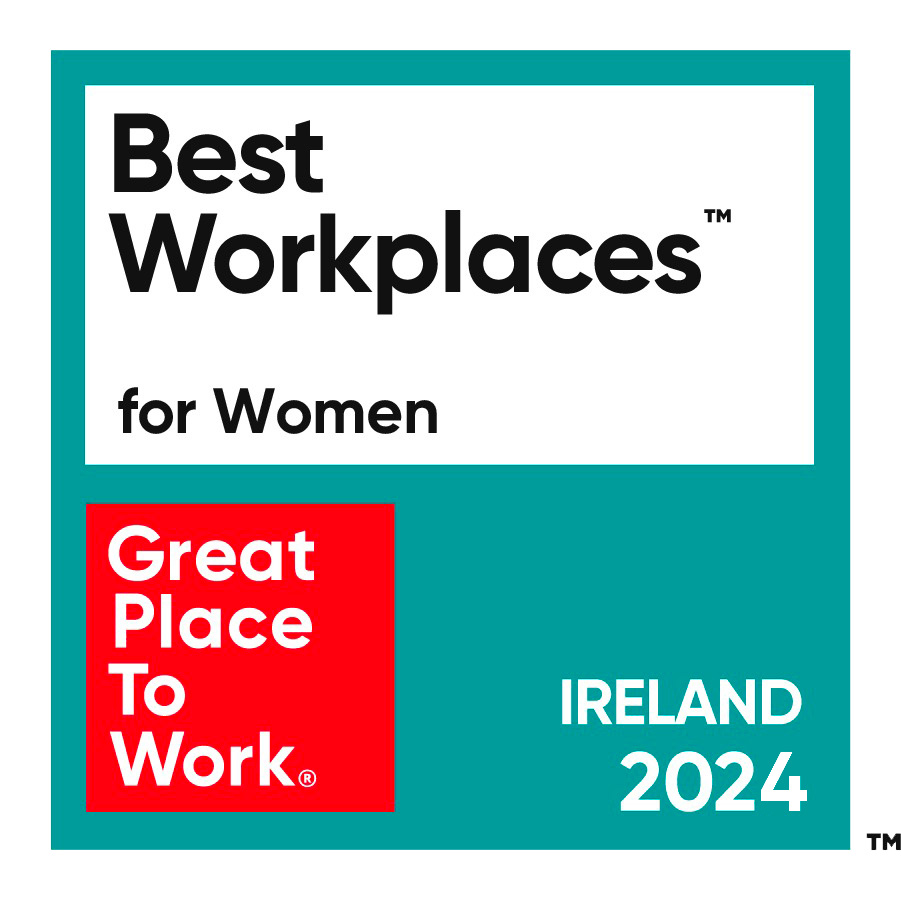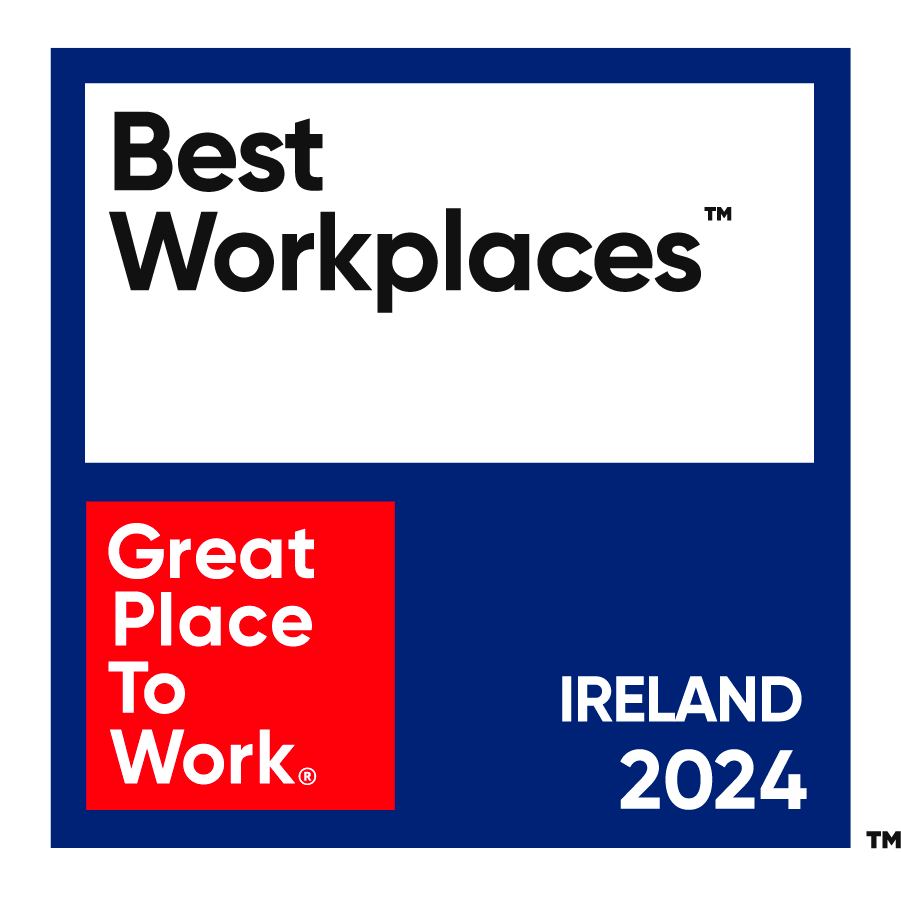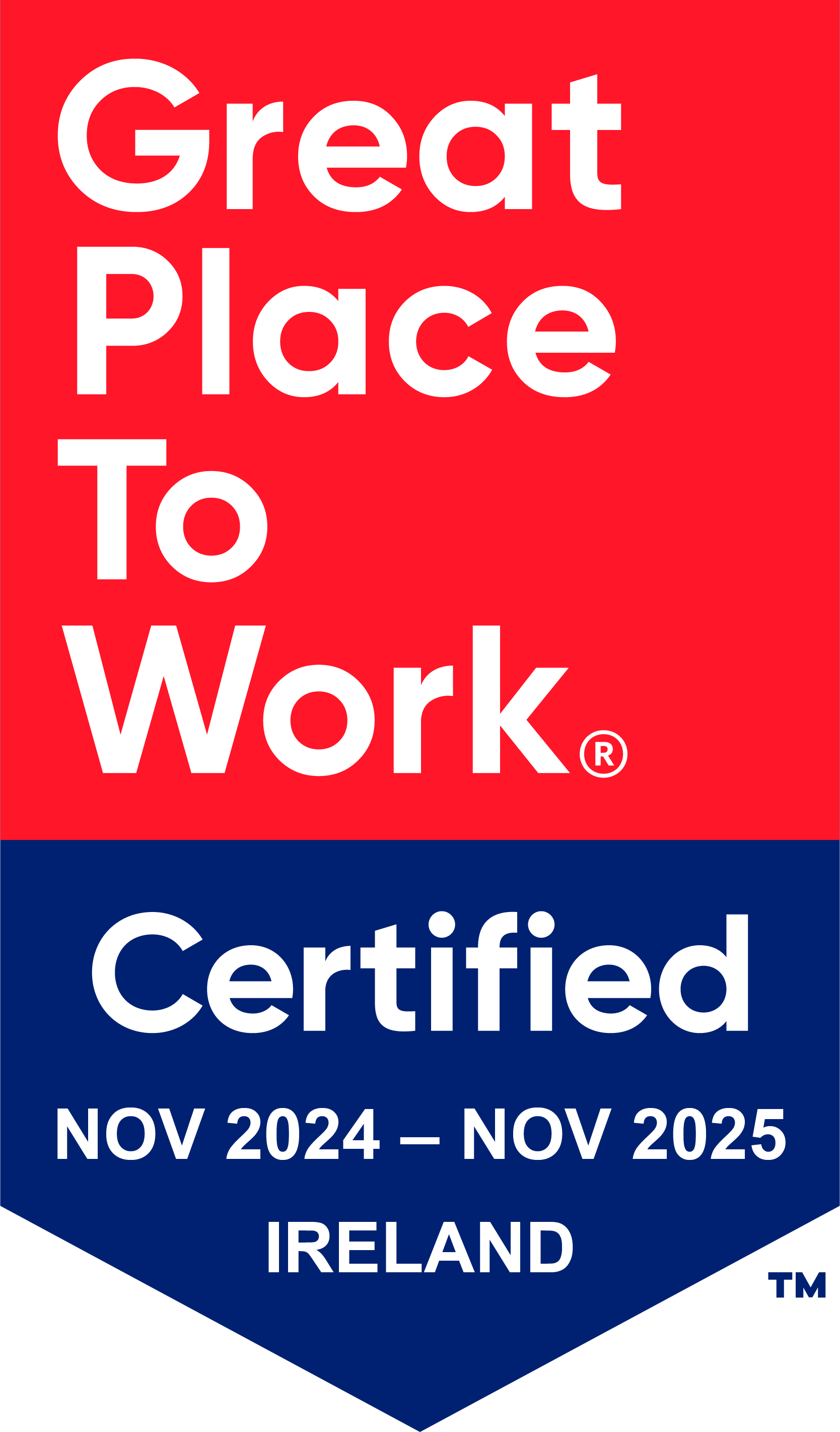By Ciara Brady on 22 Oct 2019
Wolfgang Bites: Watch - The Rise of No Click Search Results
Wolfgang Bites: Read- The Rise of No Click Search Results
In this weeks #WolfgangBites Brendan & Al talk about how no-click search results are changing the face of the Internet and what this means for advertisers.
Alan: So Brendan, you've noticed a really interesting trend in our 2019 Ecommerce KPI report.
Brendan: That's right yeah. So for the first time ever, we saw a decrease in organic traffic going through the travel sector. It was really marginal. It was 1% but it warranted further investigation. The more we dove deeper into it, the more we became convinced that this is the impact of the rise of no clicks searches.
Alan: No click searches. What does that mean?
Brendan: What does that mean?...What is that?... So, no click search results is effectively when Google answers the question directly on the SERP (Search Engine Results Pages).
Alan: Okay. This is an interesting strategic shift from Google. Google's mission has always been to get you, the searcher, to the most accurate, most relevant answer on a third party website. But this is telling us that they're taking more ownership of your journey, to question answers and it's all taking place on the Google search results page now.
Brendan: Yes, exactly. So the net impact is that websites are going to get a little bit less organic traffic. There's some really obvious examples of this. If you do a search now on Google for the weather, Google will give you the weather for today and they'll also give you the next five days weather. You don't need to go to a third party website. Likewise, if you do a search for exchange rates between Sterling and Euro, you don't need to go to another website. Google will tell you what that is.
Alan: That's very interesting, but I'm going to have to stop you there. They're all very faffy searches with informational searches. That's not used for advertisers. Just tell me about some searches with commercial intent.
Brendan: That's harsh, but fair. Google have been very good at the informational searches. But over the last year, they've gotten a lot better at searches with commercial intent. A great example of this is Google Flights. You get very close to booking a flight without ever having to leave the search engine results page. More recently we've seen Google hotel price ads and again, you get very close to booking your hotel without ever having to leave Google. So you can see how if you're in the travel sector, you could begin to get a little bit less organic traffic.
So a really fair question to ask then I suppose is this good news or bad news for advertisers? It really comes down to, first of all, your ability to adopt these new ad formats and secondly, your ability to optimise them for conversion. We've been testing this. We've been testing hotel price ads for a number of our clients for a few months now. What we typically find is that conversion rates are two times greater from hotel price ads than the average website conversion rate.
Alan: Why? So this is someone who's seen it on SERP and then gone to the website and converted there.
Brendan: Exactly. It makes sense, doesn't it? The way hotel price ads work. Before I've even left Google, I've already seen the price, I've already seen the competitors' prices. I've even checked room availability. So, by the time I get to your website, I'm only there to do one thing and that's to complete the purchase. Although you might be getting less organic traffic, the organic traffic you are getting is more qualified and should be converting more efficiently.
Alan: Okay that's really interesting. This could be a sign of something bigger. In Wolfgang Digital, whenever we see no click search results or we see rich snippets where there's only one answer, a singular answer being presented to the searcher on the SERP, we think this is Google positioning itself for the advent of voice search.
This is coming. I know there's lots of fury in the industry about it, but what technology does is it removes friction. It's very simple, it's quicker to talk than it is to type. More and more people are moving to voice. The problem voice presents to Google is that Google doesn't want to be listing out 10, 15, 20 results to voice advertisers. They want to be giving the one and the best one. We have an example here and it's in the travel sector. I'm going to whip out my phone. "Okay Google, flights from Dublin to Amsterdam".
Google: "Upcoming return flights from Dublin to Amsterdam start at 75 euros. Should I look for different dates?"
Alan: "I'd like to go next Monday".
Google: "All right. What's your return date?"
Alan: "Next Friday".
Google: "Return flights from Dublin to Amsterdam leaving on the 25th of February and returning on the 1st of March start at 119 euros. Should I email you if that price changes?"
Alan: "Oh yes please. That'd be great".
Google: "Sure".
Alan: That's what we call a micro conversion. We went beyond the informational part, where they gave us the price and the availability. They said, can we contact you? So in asking us if they can email us, they're asking us for a contact. You can bet your bottom dollar that Google's engineers right now are working on turning that micro conversion into a macro conversion. That, "Can I email you?" To, "Can I book those flights?"
Brendan: Yes and if they can nail this for the travel industry, other industries are going to look very easy. Travel by it's nature is very fragmented and the booking process is very complicated. Once they get this right for travel, you can absolutely see how it's going to get very easy for you to renew your car insurance or book health insurance. The real thing that Google are going after here is retail. They'll have their sights set on retailers. If they can nail the travel industry, the next step for them is moving into the retail industry I'd say.
Alan: Brilliant stuff.
Subscribe to our YouTube channel to get the latest Digital Marketing updates.








